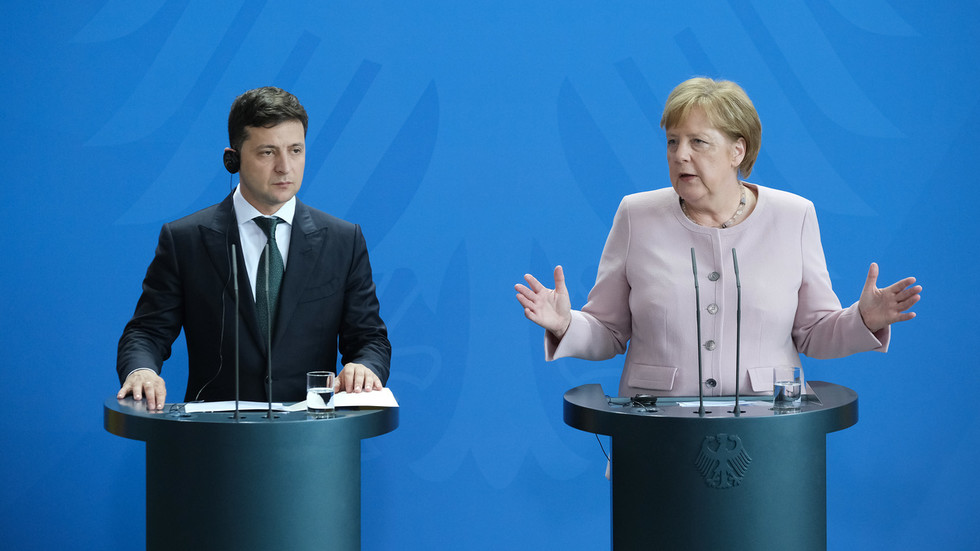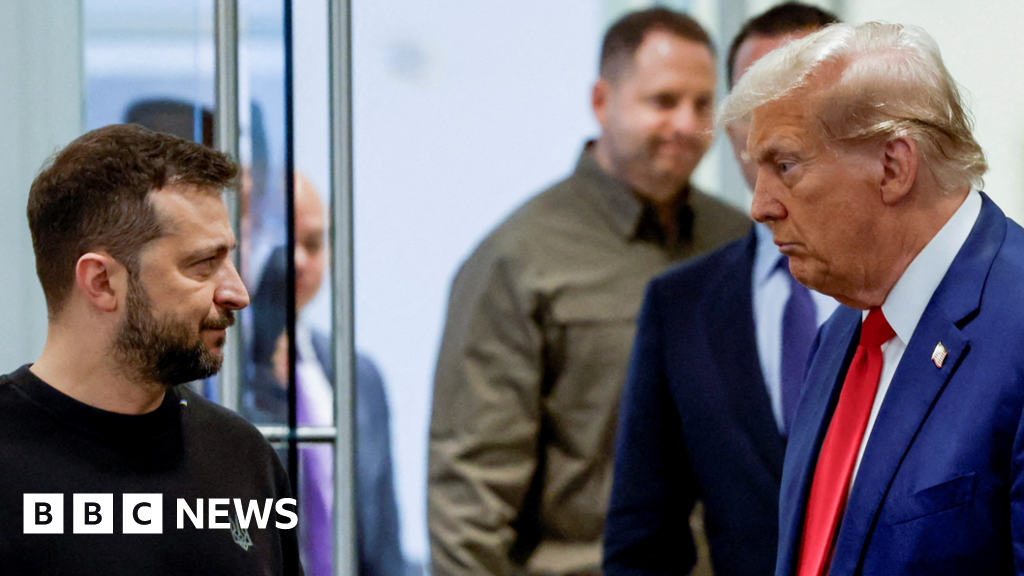Former President Donald Trump shared his mixed feelings on artificial intelligence with YouTuber Logan Paul Thursday, describing the technology as a “superpower” that writes “beautifully” while also calling its capabilities “alarming.”
His comments on Paul’s podcast ‘Impaulsive’ provide a window into how the 78 year old presidential candidate thinks about the rapidly-advancing technology, which 49% of Americans feel concerned about.
Fears of deepfakes increasing the risk of nuclear war
Trump said he saw a deepfake video of himself promoting a product that was so convincing it caused him to question whether it was real. He went on to note his worry that the harms of deepfakes could be much greater, describing a scenario where a deepfake video of the President of the United States saying “we have just sent thirteen nuclear missiles…and they will hit their targets in 12 minutes and 59 seconds'' could cause a rival leader to preemptively initiate a retaliatory strike. Trump says he asked Elon Musk whether there would be any way for this hypothetical leader to discern the authenticity of the video; Musk is reported to have said “there is no way”.
The idea of misinformation increasing the risk of a nuclear war is not entirely hypothetical. In September 1983, at the height of the cold war, a Soviet early warning system incorrectly detected 5 incoming missiles. Soviet Lieutenant Colonel Stanislav Petrov chose to ignore the reports, potentially averting a nuclear catastrophe. More recently, in December 2016, Pakistani Foreign Minister Khawaja Muhammad Asif directed a nuclear threat at Israel after being taken in by fake news. Experts have warned that deepfakes could heighten the threat of nuclear escalation for years to come.
Energy challenges and competition with China
Trump stressed what he sees as the importance of America being at the forefront of the technology’s development. “We have to take the lead over China,” he said, noting that AI systems are extremely energy-intensive. This energy is necessary both to power the computer chips used to train the systems and to keep them from overheating. He went on to say that environmentalists’ concerns over energy use could “hold us back,” causing America to lose ground to China.
To date, computing chips and human talent—rather than energy—have proved to be the most crucial factors for AI developers; however, in April, Meta CEO Mark Zuckerberg expressed concerns that energy could become a bottleneck in the future. For years, big tech companies have invested in clean energy to offset their carbon footprints, although China remains the world leader in renewable energy.
Read More: Who Is Holly Valance? Former Pop Star and Actor Raising Millions for Trump Campaign
Fear of environmentalists causing the U.S. to lose-out to China is a well-worn theme for Trump, who in 2012 tweeted “the concept of global warming was created by and for the Chinese in order to make U.S. manufacturing non-competitive.” He later said climate change is not a hoax in January 2020, although he continues to go back and forth on this point.
Bipartisan consensus on AI risk
In the interview with Paul, Trump called Biden “the worst president in the history of our country”— emblematic of the polarized nature of American politics. Yet concern for the risks posed by AI seem to bridge the partisan divide.
In October last year, Biden passed an Executive Order which sought to address some of AI’s dangers, including deepfakes, and to maintain U.S. dominance in AI. In May 2024, a bipartisan group of senators, led by Chuck Schumer (D-N.Y.), unveiled their “AI roadmap” that calls for the implementation of guardrails against these risks, while investing billions in the technology.
Trump recounted meeting “super geniuses” in San Francisco, who helped him make sense of AI. “They gave me $12 million for the campaign,” he said. “You know, four years ago they probably wouldn't have.”
Get alerts on the biggest breaking news stories here

 5 months ago
27
5 months ago
27








